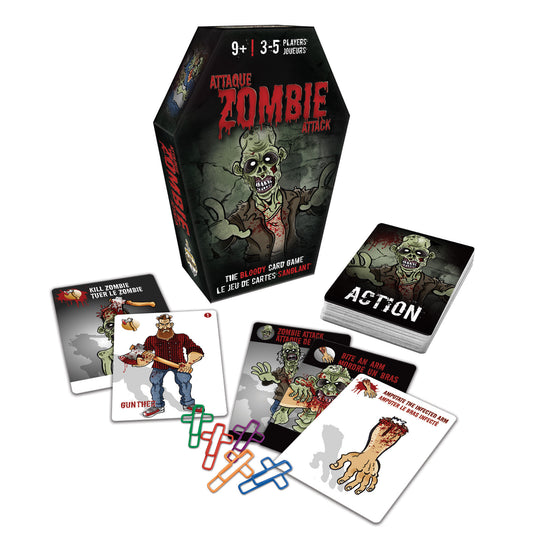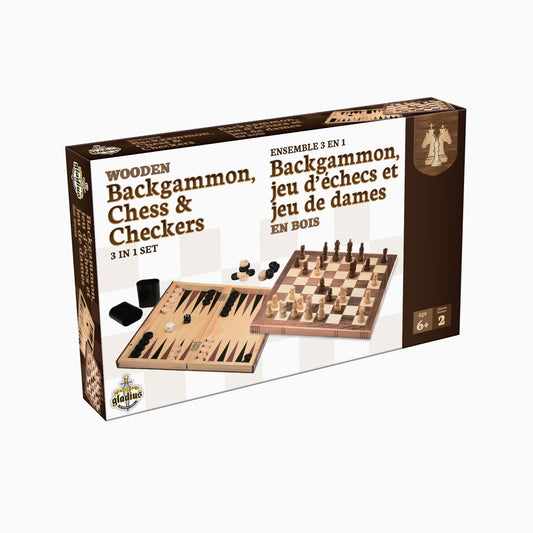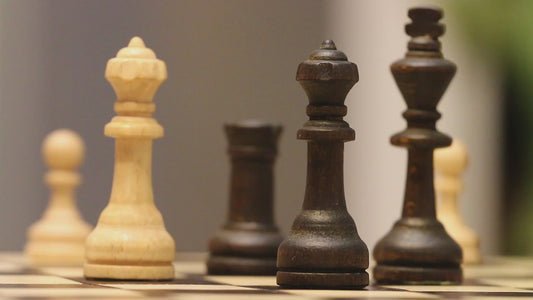
Logical reasoning
A little theory...
Logical reasoning in the context of play for children refers to their ability to use principles of logic and deductive thinking to solve problems, make decisions and follow sequences of action in various play activities. This involves pattern recognition, deduction based on given clues and consistent application of game rules.
How to develop it
To develop logical reasoning through play, contemporary specialists stress the importance of certain strategies. For example, developmental psychology professor Dr. David Whitebread highlights the use of strategic board games, such as chess or strategy games, which offer children the opportunity to develop their logical thinking by planning strategies, anticipating opposing actions and making strategic decisions to achieve a goal (Whitebread, D. "The Importance of Play: A Report on the Value of Children's Play with a Series of Policy Recommendations", 2012).
Puzzle and logic games are also recommended for stimulating logical reasoning in children. Developmental psychologist Dr. Robert Siegler points out that these games enable children to work on problem-solving by using visual cues or predefined rules to arrive at a solution, thus strengthening their ability to analyze complex information and apply deductive reasoning techniques (Siegler, R. "Children's Thinking", 1998).
By encouraging children to participate in these types of games that focus on logical reasoning, parents and educators help them cultivate an essential problem-solving skill in a variety of everyday situations. These games offer an enriching experience where children can practice and refine their logical reasoning in an interactive and entertaining way, contributing positively to their overall cognitive development.
References
Whitebread, D. "The Importance of Play: A Report on the Value of Children's Play with a Series of Policy Recommendations", 2012.
Siegler, R. "Children's Thinking", 1998.





